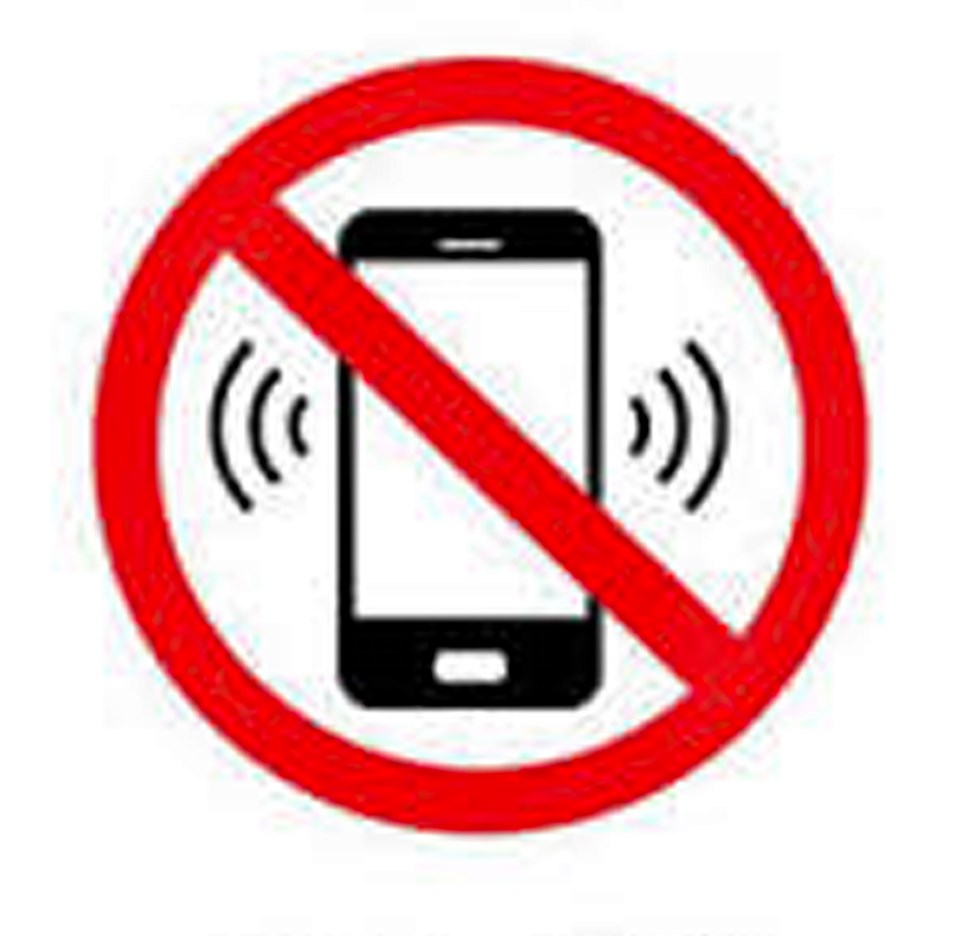We have come a long way since comedian Lily Tomlin’s Ernstine said, ‘one ringy dingy, two ringy dingys’ on the Rowan & Martin’s Laugh-In skit. (see below)
That may be before your time but look it up later. Use your cellphone. It is even a much longer time since Alex Bell first talked over copper wires. Look that up too, but discreetly, because you should have learned about Alexander Graham Bell in public school.
The advances in technology for telephony are beyond what Alexander could have imagined. We have come from twisting wires to wireless communications, from static-crackling sound to video Facetime, from wall-mounted devices to hand-held computer-powered portable devices with around-the-world capabilities of taking and sending photographic images.
The potential for sharing knowledge is . . . wait. They are banning cellphone use in our schools? If not banning, then limiting the use to emergency calls from hovering parents or guardians or reporting on calamities in the school committed by classmates, or even teachers. The Charter of Rights hasn’t quite caught up to the modern day, but it is as if we all have some inalienable right to carry and use this new appendage called a cellphone.
Now the government, through its school system, wants to ban the use of this learning and communication tool in classrooms. Like all things governmental, there are loopholes and exceptions. Maybe, just maybe, we ought to be embracing this technology, not banning it.
What is there to know that is not on the internet, somewhere, that you cannot find with a diligent search? People, much wiser than we have generously shared their knowledge, their considered opinions, their research results, even their philosophical thoughts, their writings, musings, images, their music – everything known to man.
Well, almost everything. Pythagoras, once he had proved that the square on the hypotenuse equals – you know the rest – did not expect the generations that have followed to redo his calculations. We could just use his proof, share it with our children, and carry on. It is likely on YouTube. A word of caution: there may be some flat-earthers out there who have posted that Pythagoras had it wrong because not all triangles are right-angled.
Until the age of electronics, we used scholars, illuminati, Rosicrucians, teachers, and preachers to educate our young ones. Some parents even taught their own kids. We regimented the kids to kindergartens, grade schools, secondary, and then colleges and universities, both private and public. All at great cost to society, but with rewards that ushered us into the current age where said teachers are competing with cellphone technology.
What we need now is a new curriculum: teach the students how to use their cellphone/computers to research everything under the sun. Teach the students to teach themselves. You may begin to wonder why we would need teachers at all, but there could be emergencies when the internet service collapses, and classroom leaders may have to improvise or entertain. The key to this is understanding and using words. That is, talking and reading – writing not so much.
According to internet researchers, using the English language as their study basis, by the time we are 3 years old we know about 3,000 words. We add to this base by about a 1,000 words per year so by the time we are ready for college or university, we should have a vocabulary of over 20,000 words. At age 25 we should be running about 30,000 words, and if you are of a scholarly or chatty nature, by the time you are 50 you should have about 50,000 words. Sadly, and I can attest to this, after 50 you tend to lose words – forget them – at that same rate.
The trick for teachers is to know and use more words than their students. By ‘know’ I mean to understand and use them properly, in technological, scientific...as in physics and chemistry, philosophically, as well as in the vernacular. Teachers have always needed to stay one step ahead of their students (class preparation) but with the cellphone/internet technology, this has become more of a challenge with gifted students whose vocabulary, in some cases, is a few thousand words more than the teachers.
For instance, take bananas.
The teacher tells the kindergarten child to eat their banana: it’s good for you. Banana eaten. The grade 3 kid asks, ‘Why is the banana good for me?’ It has potassium in it and your body needs potassium. Banana eaten. Grade 4 – ‘What’s potassium and why does my body need it?’ Potassium can help manage blood pressure and reduce strain on the cardiovascular system. Grade 6 – ‘How does potassium, symbol K, react with salt, symbol NaCl to lower blood pressure?’ Grade 10 – Hey, Teach, did you know that bananas contain tryptophan, an amino acid that may help preserve memory, and boost a person’s ability to learn and remember things? Teacher – pass the bananas.
You can see from this example how the modern teacher needs to stay current with the internet because that grade 3 student had all of that information available to them. On their cell phone. When I was in grade 3, we were damned lucky just to get a banana and ate it without questions. I still don’t know what tryptophan is.
I hope I have made a simplistic case for having cellphones, as a teaching tool, in the classroom. If you want further discussion, look it up on the web. If nothing else, check out the health benefits of eating bananas. You may now activate your cell.
One buzzy buzzy; two buzzy buzzies . . . is this the party to whom I am speaking?



